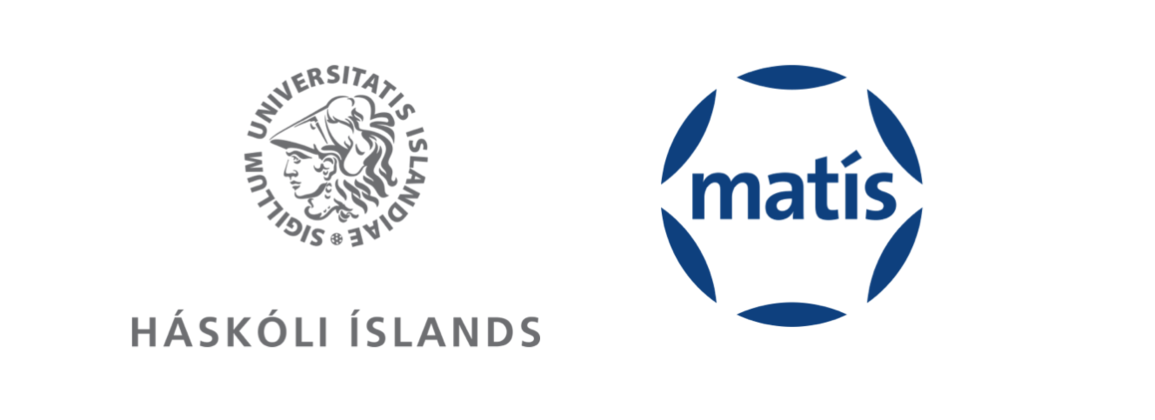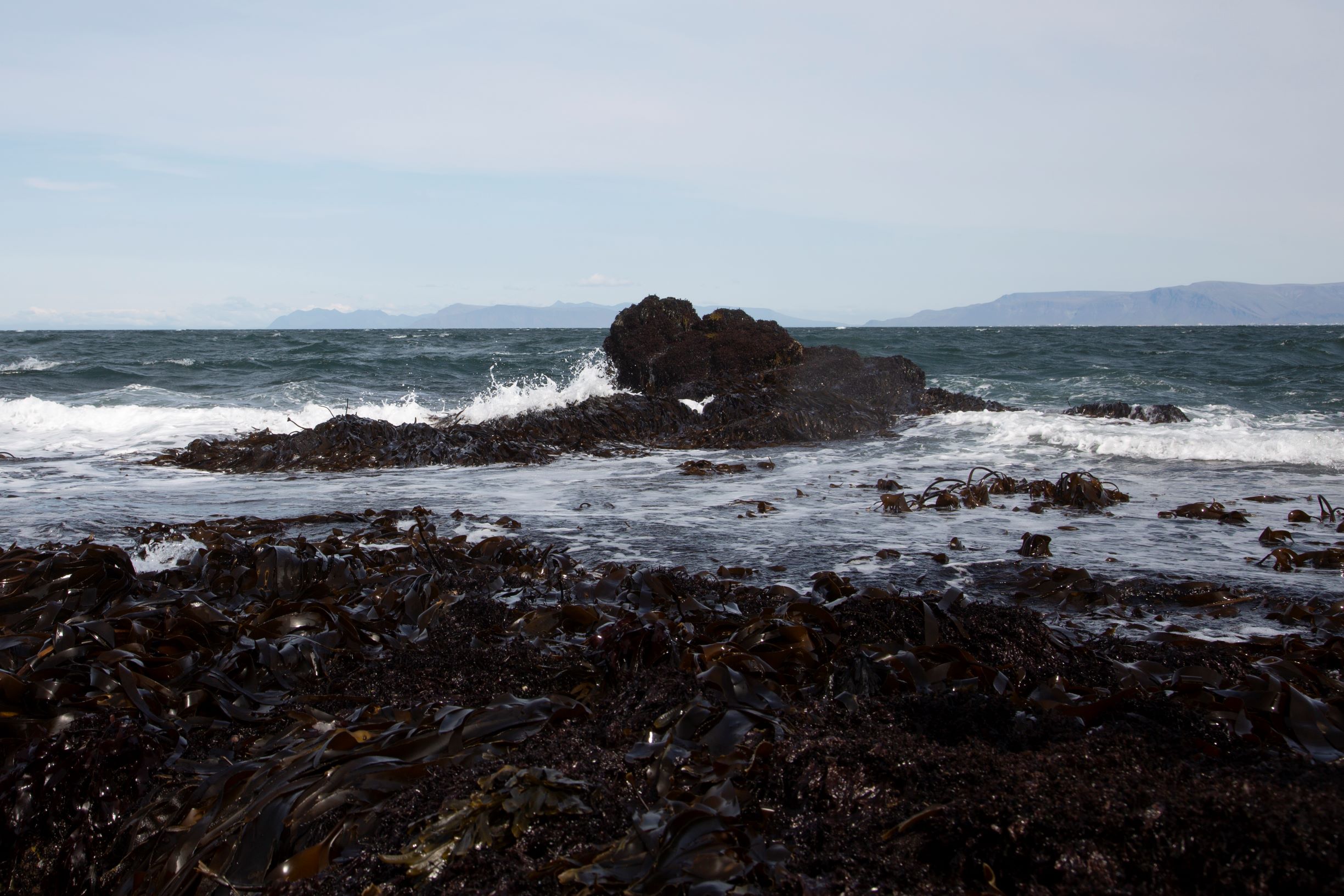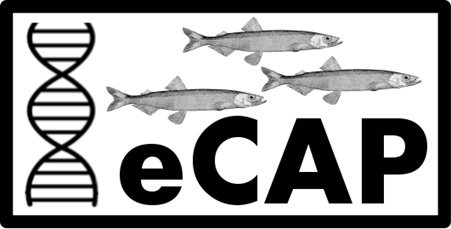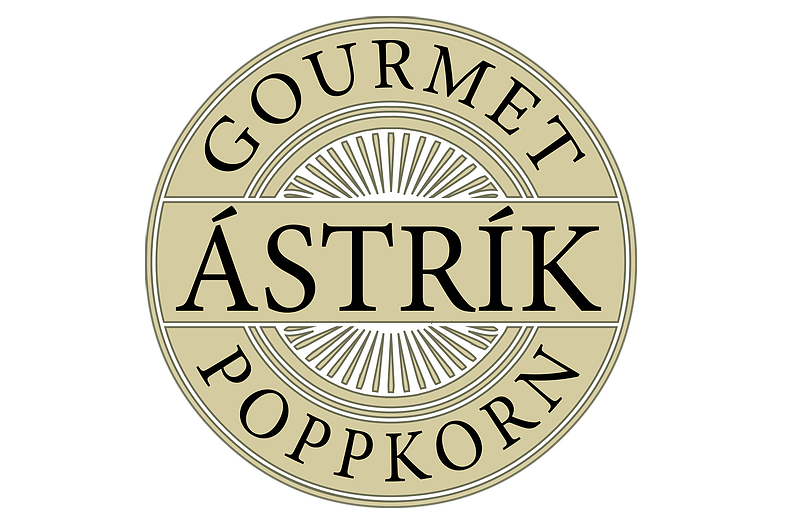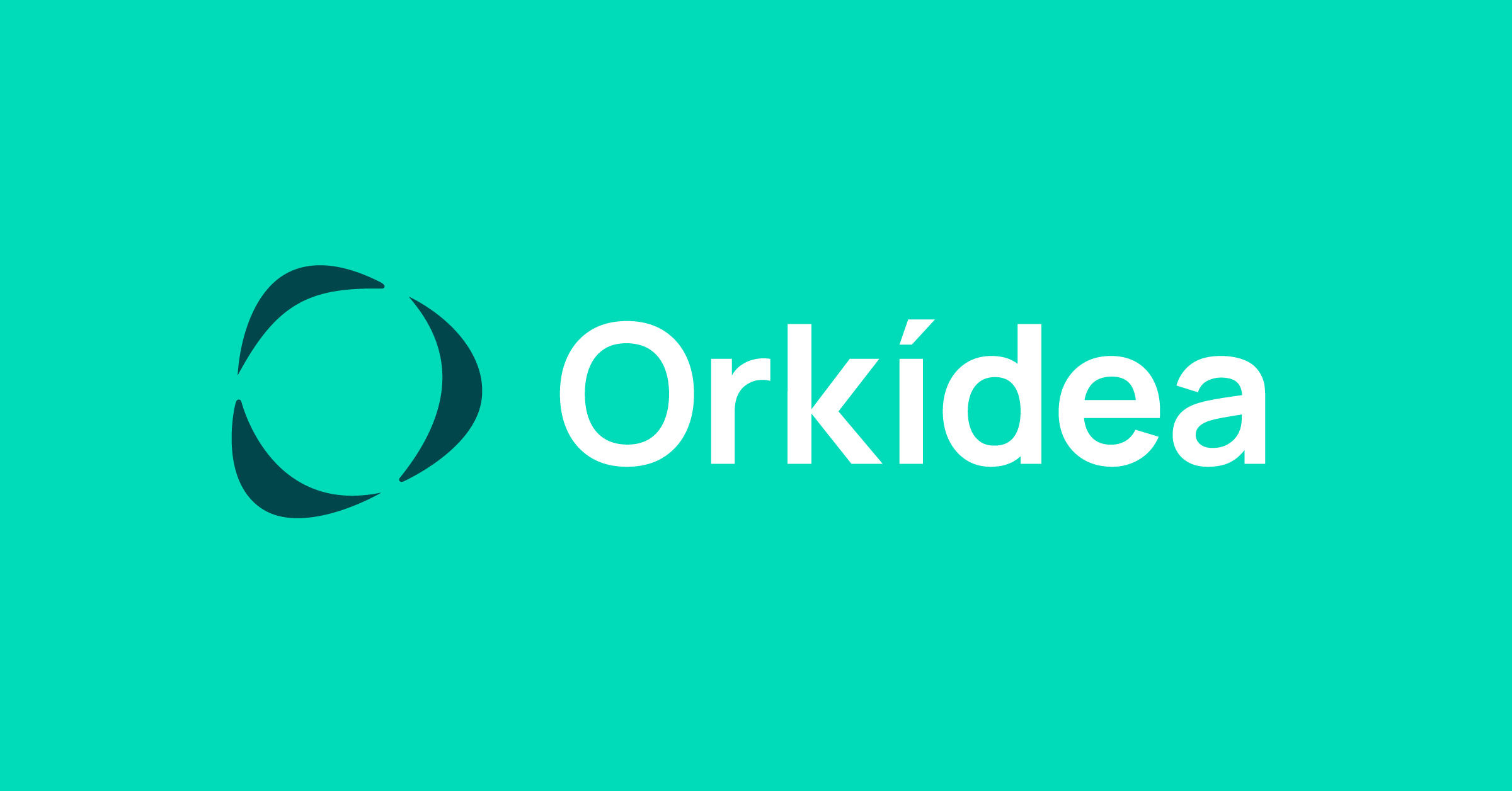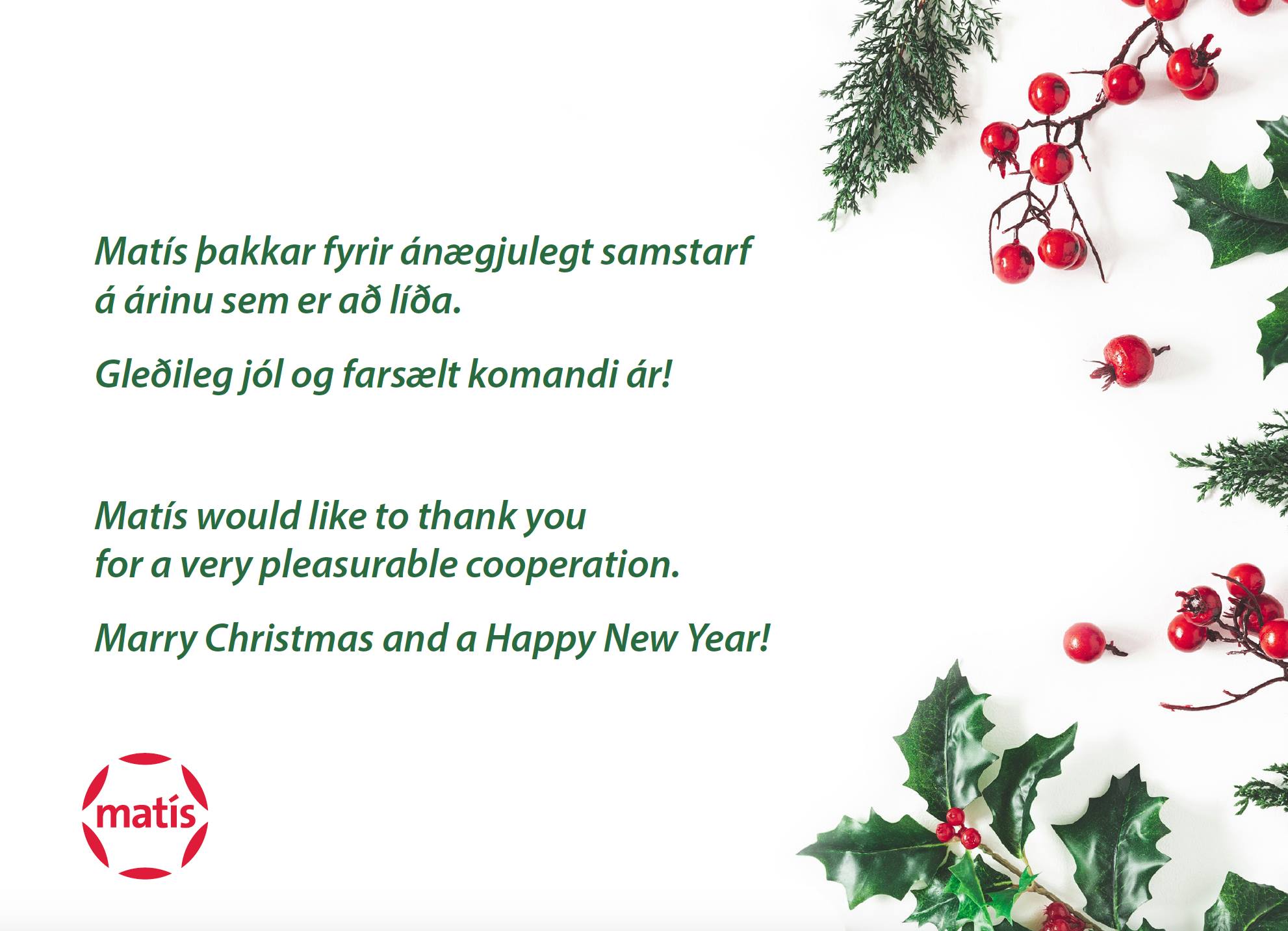Are you interested in working on an exciting master's project in food science or nutrition?
Auglýst er eftir nema í mastersverkefni Matís leiðir nýtt verkefni um bætt gæði, geymsluþol og minni sóun í virðiskeðju íslensks […]
Are you interested in working on an exciting master's project in food science or nutrition? Nánar »
